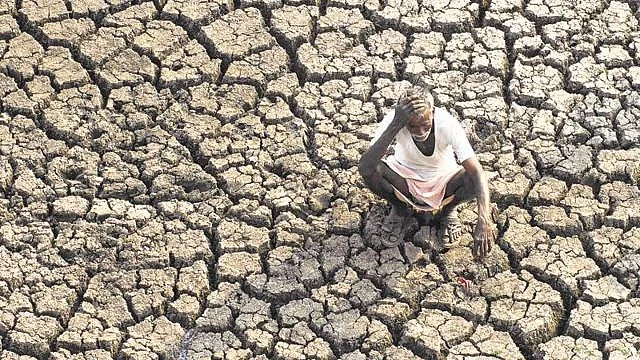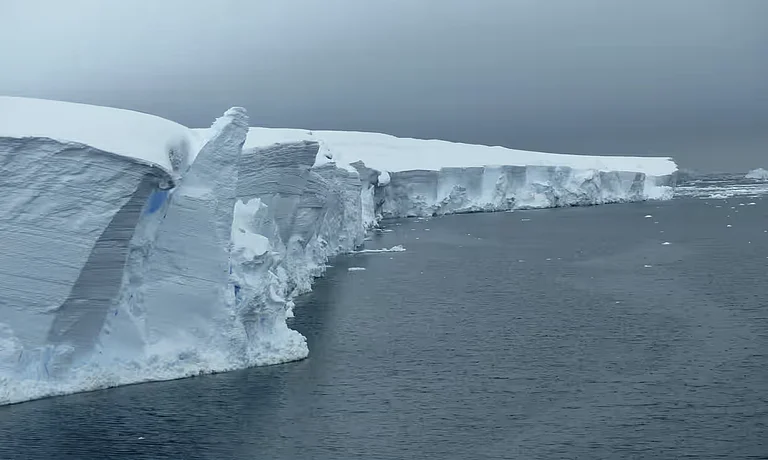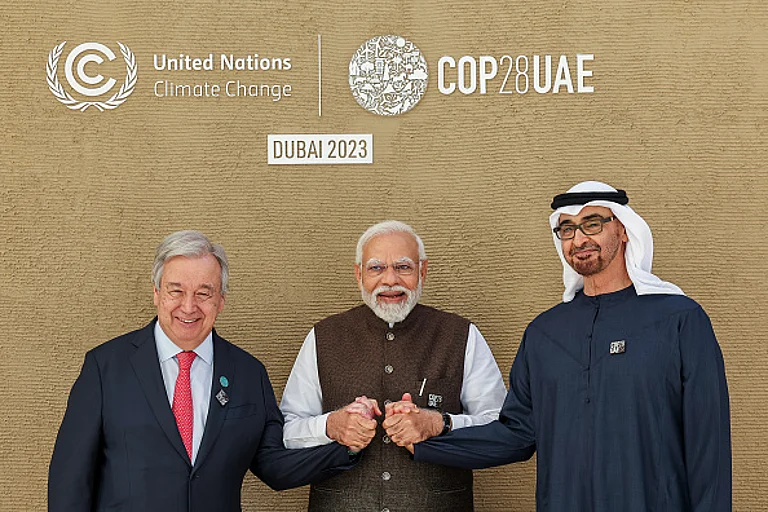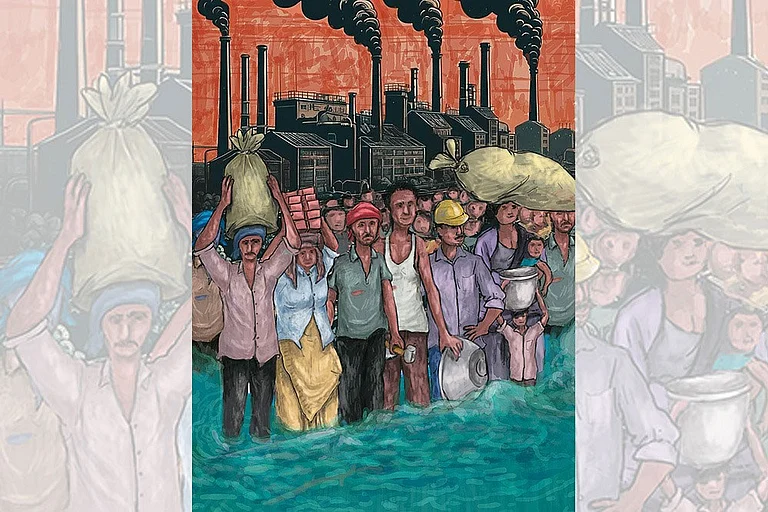Adding to the ever-growing list of exacerbating impacts of climate crisis that continues to threaten the existence of humanity, the global water cycle, for the very first time human history, has been disrupted owing to decades of indiscriminate land use and water mismanagement.
The latest report by the Global Commission on the Economics of Water suggests that the massive threat is expected to have serious consequences on economies, food production and lives.
According to a report by CNN, Johan Rockström, co-chair of the Global Commission on the Economics of Water and an author of the report said, "For the first time in human history, we are pushing the global water cycle out of balance. Precipitation, the source of all freshwater, can no longer be relied upon."
What is global water cycle?
In climate science, the global water cycle is defined as a complex system behind the movement of water around the Earth.
As per the defined system, water first evaporates from the ground, lakes, rivers and plants before rising into the atmosphere. Then the water gets transformed into large rivers of water vapor capable of traveling long distances. On the final state of the cycle, the water vapor cools down, condenses and eventually falls back to the ground as rain or snow.
About the report by Global Commission on the Economics of Water
The report published by the Global Commission on the Economics of Water highlighted that the disruptions to the water cycle are “deeply intertwined” with climate change.
The report differentiates between “blue water,” the liquid water in lakes, rivers and aquifers, and “green water,” the moisture stored in soils and plants.
The report also emphasised on the importance of a stable supply of green water as it is considered vital for supporting vegetation that can store planet-heating carbon.
However, the destruction of wetlands and tearing down of forests, two of the prime causes behind the anthropogenic climate crisis are leading to the depletion of these carbon sinks.
The massive need of water is another factor behind the disruption of water cycle. As per the report, the standard need of water for an individual per day is about 4,000 liters to lead a "dignified life".
According to Richard Allan, a climate science professor at Reading University, England, the crisis can only be addressed through better management of natural resources and massive cuts in planet-heating pollution, as per CNN.
What all does the disruption cause?
The impact of the water cycle disruption is multi-dimensional. From affecting around 3 billion people due to water scarcity to damaging crops and shriveling several cities due to drying out of groundwater- the consequences of global water disruption are major.
Reseach suggests that water crisis is appearing to be a massive threat for over 50 percent of global food production. Furthermore, the GDP of several countries are expected to bear the brunt of the development by 2050.
2023: The hottest, driest year, says WMO
According to the World Meteorological Department (WMO), the last five years have marked the record of widespread below-normal conditions for river flows and reservoir inflows leading to a reduced amount of water availability for the usage of communities, agriculture and ecosystems.
WMO in its report has announced 2023 as the hottest and driest year on record leading to several extreme weather conditions including drought and deluge. Besides disruption in the water cycle, the impact of climte change has been largely suffered by the glaciers as well with 2023 becoming the second consecutive year marking iceloss for all glaciers across the world.






















